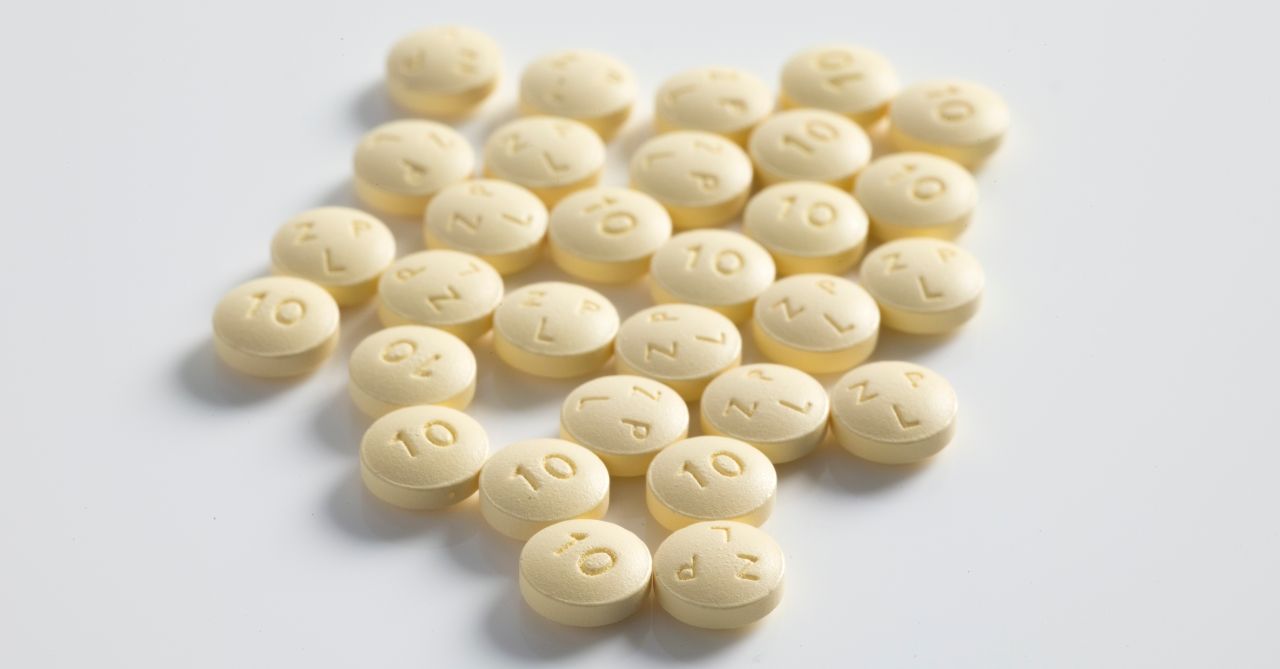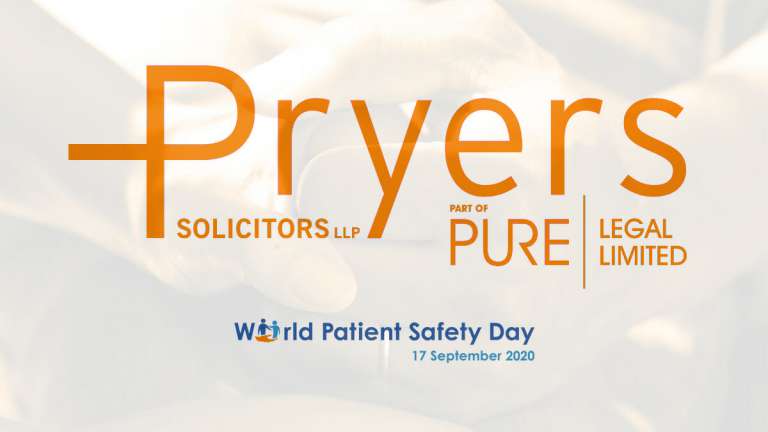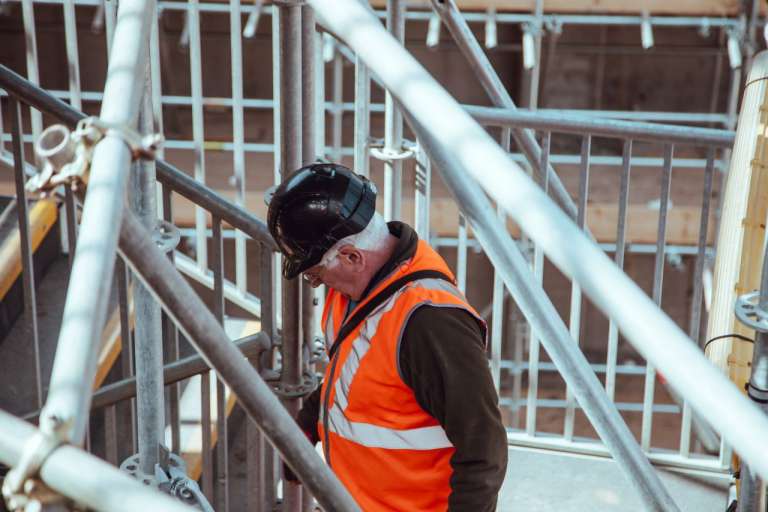The UK Watchdog Competition and Markets Authority (CMA) has accused four pharmaceutical firms of breaking competition law by colluding to hike the price of a cancer drug.
700% increase in the price of a cancer drug
The price of the drug, prochlorperazine, was found to have increased by 700% over a period of four years, costing the NHS millions. The drug is often prescribed to cancer patients undergoing chemotherapy, to treat dizziness and nausea.
The CMA claims that UK-based groups Alliance, Focus, Lexon and Medreich unlawfully agreed not to compete over the supply of the drug prochlorperazine to the NHS between June 2013 and July 2018.
As a result, the price of the drug rose from £6.49 for a pack of 50 tablets to £51.68, and the annual cost to the NHS of supplying the drug to patients increased from £2.7m in 2014 to £7.5m in 2018, despite fewer packs being prescribed.
One of the companies, Alliance, released a statement saying that it had “no involvement in the pricing or distribution of prochlorperazine since 2013, when it was out-licensed by the company to Focus Pharmaceuticals on an exclusive basis as is normal market practice”.
They added that they have “not had control of or influence on, and nor has it benefited from, any price increases” and that the group “strongly condemns anti-competitive practices.”
The CMA found that Lexon and Medreich were paid a share of the profits earned by Focus Pharmacy on the supply of the Alliance product, and in return agreed not to compete for the supply in the UK of prochlorperazine.
The watchdog alleges that the four companies entered into an agreement that was implemented through two separate pacts — one between Alliance and Focus, and one between Focus, Lexon and Medreich.
Alliance supplied prochlorperazine exclusively to Focus. Focus then paid Lexon a share of the profits it earned on the onward sales of Alliance’s prochlorperazine. Lexon, in turn, shared these payments with Medreich.
Ann Pope, CMA Senior Director of Antitrust, said: “Agreements where a company pays a rival not to enter the market can lead to higher prices and deprive the NHS of huge savings that often result from competition between drug suppliers.”
She added, “The NHS should not be denied the opportunity of benefitting from an increased choice of suppliers, or lower prices, for important medicine.”
A 2016 investigation by The Times named Alliance as one of the pharmaceutical companies exploiting a loophole in competition law to increase the price of drugs by up to 12,500%, costing the NHS an extra £262m a year.
A time of increased concern
The news comes at a time of increased concern that NHS patients may lose out on vital treatments due to competitive pricing making drugs financially inaccessible.
Last week, MP for Hull East Karl Turner debated the issue in Parliament after a seven-year-old boy wrote to the Prime Minister asking for help getting the price of a potentially life-saving drug reduced. The drug, Orkambi, would help reduce the decline in his lung function caused by cystic fibrosis. Orkambi, marketed by American pharmaceutical company Vertex, is priced at £104,000 for a year’s treatment. After failing to negotiate the price, the NHS determined they were unable to meet this cost.
MP Karl Turner called the extortionate pricing of medicine “a perfect example of predatory capitalism.”





